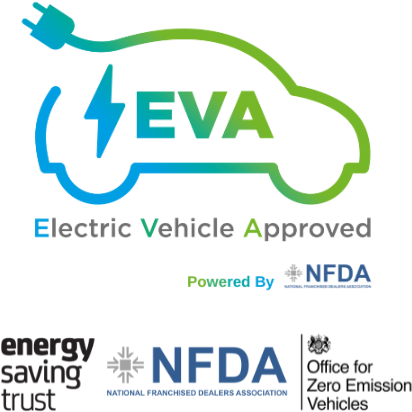
There’s a key update from the DVLA that may impact millions of drivers. Starting in April 2025, all electric and low-emission vehicles will be subject to new Vehicle Excise Duty (VED) charges, potentially leaving some facing bills as high as £600.
From April 1, 2025, electric and low-emission cars, vans, and motorcycles will need to pay tax just like petrol and diesel vehicles. This change applies to both new and existing vehicles, with those over £40,000 subject to an extra charge – affecting more than half of all registered vehicles.
Previously, greener vehicle owners enjoyed a zero-rated VED, helping promote environmentally-friendly transportation. However, a recent DVLA post on X (formerly Twitter) confirmed this change: "Vehicle tax is changing for electric and low-emission vehicles from 1 April 2025."
For vehicles registered on or after this date, the first year of tax will be at the lowest rate (for vehicles with CO2 emissions between 1 to 50g/km), but after that, they will pay the standard rate, currently £190 for 2024, with potential adjustments in 2025.
Experts Warn BIK Increases Could Hurt EV Company Car Uptake
Industry experts are urging the government to reconsider raising Benefit-in-Kind (BIK) tax rates for electric vehicles in the upcoming budget. They argue that keeping these rates low is crucial to maintaining the momentum in company EV adoption.
Last month, the Prime Minister warned that the first budget in October might be challenging, hinting at "short-term pain for long-term gain." In an interview with Fleet News Peter Golding, managing director at FleetCheck, stresses that it would be premature to assume the EV company car market is fully mature, meaning further tax increases could harm adoption rates.
“We don’t want a sudden spike in future BIK rates, as it could impact company car choices being made now. This is particularly concerning since some drivers are already leaning towards plug-in hybrids,” Golding added.
£88 Million in Funding for Zero-Emission Vehicle Tech
Great news for green innovation! The UK government, along with industry partners, has awarded £88 million to boost zero-emission vehicle technology. This funding will support 46 innovative projects, ranging from ultra-lightweight vehicles and zero-emission buses to new battery technologies.
The Minister for Industry and Decarbonisation, Sarah Jones, announced this investment during a visit to Surrey. Projects include developing electric trucks for the NHS and Royal Mail, as well as exploring e-motorcycles and wireless charging solutions.
This initiative is set to create thousands of green jobs across the UK, further driving the mission to reduce emissions and strengthen the economy.
This funding could benefit vendors involved in EV technology innovation, particularly in sectors like logistics and public transport. Buyers may see faster advancements in battery and charging technologies, improving EV affordability and practicality.
Electric Cars Now Make Up 1 in 7 New Sales Worldwide
According to New AutoMotive’s Global Electric Vehicle Tracker (GEVT), electric vehicles accounted for one in seven new car sales worldwide in July 2024, with approximately 783,000 EVs sold that month alone.
Year-to-date, around 10.6 million EVs have been sold globally, a 16.3% increase compared to the same period last year. This surge has been largely driven by strong sales in China, the US, and several other countries, including six of the seven largest car markets.
Across Europe, results were mixed, but many countries saw growth. Notably, Greece, Hungary, and Denmark experienced a 50% rise in EV sales compared to July 2023. Norway, with its upcoming ban on internal combustion engine (ICE) vehicles, saw EVs make up 92% of all new vehicle sales.
In the UK, EV sales reached their second-highest market share this year, while Belgium hit a new milestone, surpassing a 30% market share for the first time.
The increasing global demand for EVs presents growing market opportunities for vendors. Buyers should consider entering the EV market, as technology, infrastructure, and options are evolving rapidly.






